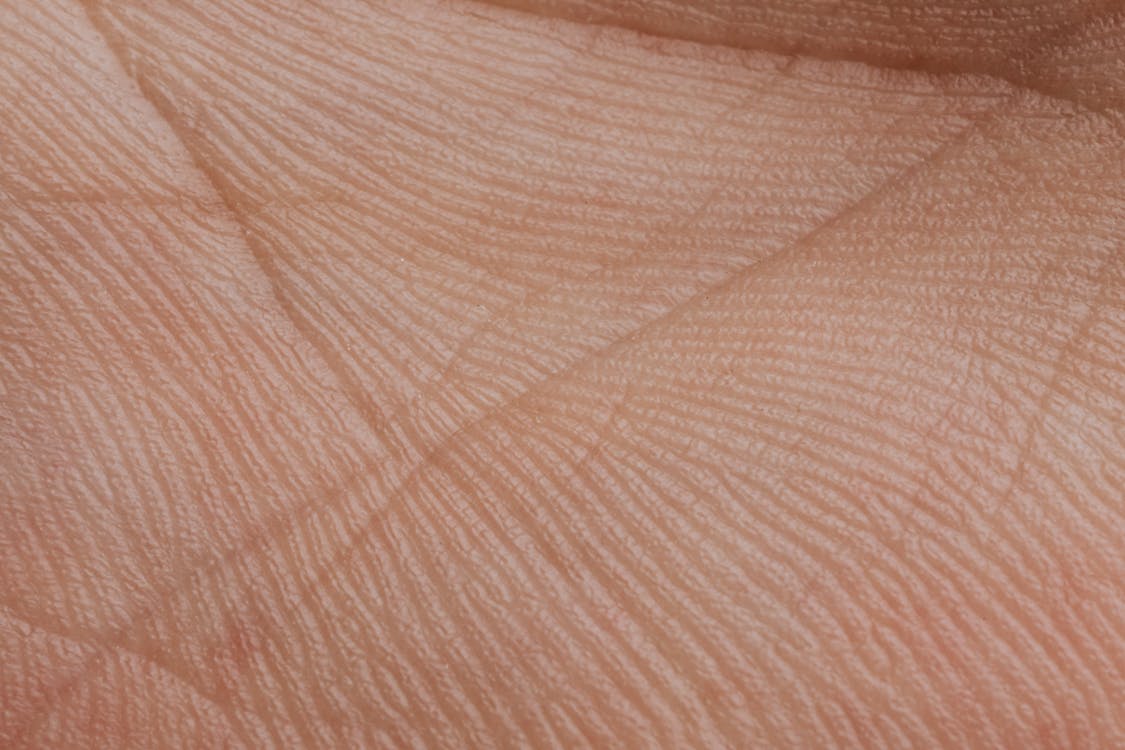
Your skin is a remarkable organ that plays a vital role in protecting your body and reflecting your overall health. From its intricate structure to its incredible abilities, understanding the fundamentals of your skin is key to maintaining its health and radiance. Join us as we dive into the intriguing world of skin and uncover 10 must-know facts that will leave you amazed and enlightened.
Protection
Your skin serves as a protective barrier, shielding your body from harmful external factors such as UV radiation, microbes, pollutants, and physical injuries. It acts as the first line of defense, preventing these elements from entering your body. Beyond its size, your skin is a remarkable multitasker, playing roles in temperature regulation, sensation, absorption, and vitamin D production. Its waterproof barrier, blood supply, and ability to grow hair and nails further demonstrate its intricate nature. Caring for your skin is essential to maintain its health and functionality.
Layers of Protection
The skin consists of three main layers: the epidermis, dermis, and hypodermis. Each layer has distinct functions, with the epidermis acting as the outermost protective layer, the dermis housing essential structures like hair follicles and sweat glands, and the hypodermis providing insulation and storing fat.

Constant Renewal
Your skin is in a perpetual state of renewal. The outermost layer, the epidermis, continually sheds dead skin cells and replaces them with new ones. This natural process ensures a fresh and healthy complexion.
Skin’s pH Balance
Maintaining a balanced pH level is crucial for healthy skin. The skin’s natural pH is slightly acidic, which helps in protecting against harmful bacteria and maintaining the skin’s moisture barrier. Disrupting this balance can lead to various skin issues.
Sensory Powerhouse
Your skin is a sensory powerhouse, equipped with millions of nerve endings that detect touch, temperature, pain, and pressure. These receptors allow you to experience the world through the sense of touch.

Sun Protection
The damaging effects of the sun’s UV rays on the skin are well-known. Sun exposure can lead to premature aging, wrinkles, and even skin cancer. Protecting your skin with sunscreen, wearing protective clothing, and seeking shade are essential for maintaining its health and youthful appearance.
Skin’s Elasticity
The protein called collagen gives your skin its elasticity and firmness. As you age, the production of collagen decreases, leading to sagging and wrinkles. Incorporating skincare routines and treatments that promote collagen production can help maintain a more youthful complexion.

Unique Skin Prints
Just as fingerprints are unique to each individual, your skin has its own distinct pattern. Dermatoglyphics, the study of skin ridges and patterns, is used in forensic science and biometrics for identification purposes.
Skin’s Microbiome
Your skin is home to trillions of microorganisms that make up its microbiome. These beneficial bacteria help maintain a healthy skin barrier, protect against harmful pathogens, and contribute to overall skin health.
Skin Reflects Your Health
Your skin can be a mirror reflecting your internal health. Skin conditions such as acne, eczema, and psoriasis can be influenced by factors like stress, hormonal imbalances, and poor nutrition. Taking care of your overall well-being, including a balanced diet and managing stress, can contribute to healthy and radiant skin.

Conclusion:
Your skin is a fascinating and complex organ that deserves your attention and care. Understanding these 10 facts about your skin can empower you to make informed decisions about skincare, protection, and overall wellness. Embrace the wonders of your skin and embark on a journey of nurturing and cherishing this incredible part of your body.
Remember, healthy skin is beautiful skin!
[Disclaimer: The information provided in this blog is for educational purposes only and should not be considered medical advice. Consult with a healthcare professional or dermatologist for personalized recommendations.]

